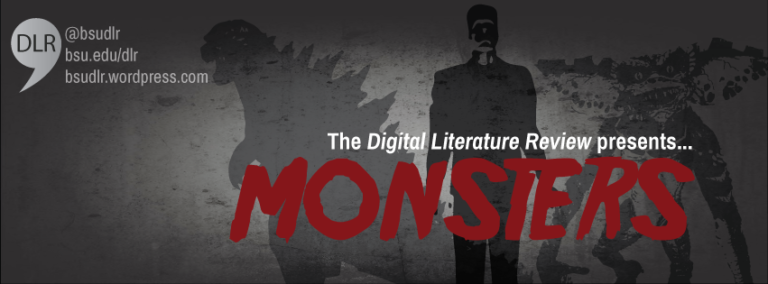The Cultural Significance of "Jack and the Beanstalk"
DOI:
https://doi.org/10.33043/DLR.4.0.53-76Abstract
“Jack and the Beanstalk” is a widely known fairy tale with a longstanding tradition of rewrites to fit the cultural norm. Andrew Lang’s version from 1890 is just another such version of the classic story. However, his version has distinct influence from the culture around him at the time, namely those of Marxism and British imperialism mindsets, which were wildly influential at the time. It is within these cultural ideologies that Lang’s Jack exists, as Jack the oppressor and Jack the oppressed. Along with other artifacts of the time, this paper seeks to position Lang’s version against the Marxist and British imperialist influences to paint a full picture of the cultural significance of “Jack and the Beanstalk.”
Madeline



